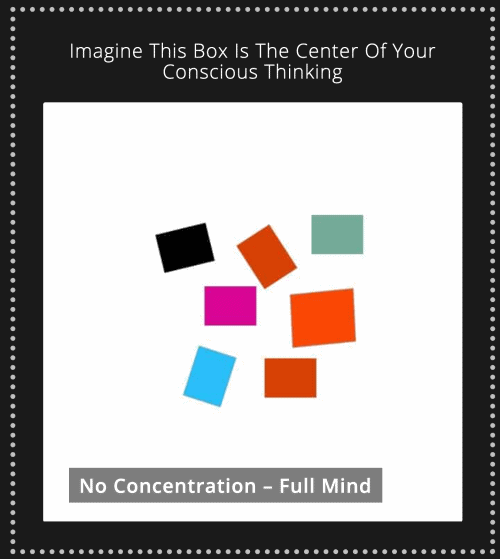What is Psychological Self-Help?
Psychological self-help takes place all the time when a brain discovers something helpful and makes it work for. It is the empowering process in that a brain discovers beneficial strategies, insights, and new perspectives.
- What is Psychological Self-Help?
- When is Psychological Self-Help Effective?
- For What Kinds of Mental Disorders Can Psychological Self-Help Provide Assistance?
- What Forms of Psychological Self-Help Exist?
- Is Psychological Self-Help a Sign of Self-Confidence?
- What Hinders Self-Help?
- Why Should We Trust Our Own Senses?
- Why Do Many Rely Only on Psychological Help from the Outside?
- Why Is There Not “The” Psychotherapy And Not “The” Psychological Self-Help For Everyone?
When is Psychological Self-Help Effective?
Psychological self-help is effective in every context where is a desire for a positive change.
For What Kinds of Mental Disorders Can Psychological Self-Help Provide Assistance?
Psychological self-help can be powerful in managing a wide spectrum of mental disorders and challenges.
- Depression
- Obsessive-Compulsive Disorder (OCD)
- Anxiety Disorders
What Forms of Psychological Self-Help Exist?
Psychological self-help exists in different resources. There are books, e-books, videos, and podcasts.
Is Psychological Self-Help a Sign of Self-Confidence?
Yes, psychological self-help implies acknowledging and trusting the intuitive understanding of what benefits me. It indicates absolute confidence in one’s ability to navigate mental well-being. It shows a readiness to actively participate in personal growth and healing.
What Hinders Self-Help?
Self-doubt and over-reliance on external assistance hinder self-help. There may be offers of help from others in the form of mirroring thought processes and behavior. The real transformative power lies within the brains.
Why Should We Trust Our Own Senses?
Our senses provide the most authentic experiences and feelings unique to us. Trusting them means valuing our own understanding and impressions of what is suitable and beneficial for us.
Trust in our feelings reinforces our personal authority in the journey to mental wellness.
Why Do Many Rely Only on Psychological Help from the Outside?
We are educated in the belief in “experts”. That’s why we often don’t see that the real experts for our well-being are we.
Why Is There Not “The” Psychotherapy And Not “The” Psychological Self-Help For Everyone?
There can be no standardization in psychotherapy, because human lives are not standardized. Dr. Milton H. Erickson (hypnotherapy) developed for every patient an own, individual psychotherapy.
That’s why every offer for self-help interventions should be designed in an open way.
Do you want to change your way of interaction with yourself?
Explore this short-time therapy self-help concept, based on hundreds of systemic treatment and counseling sessions on OCD, anxiety and conflicts.
Take five minutes and read the free reading sample of the e-book Mind Rooms – ready to download for you here.
